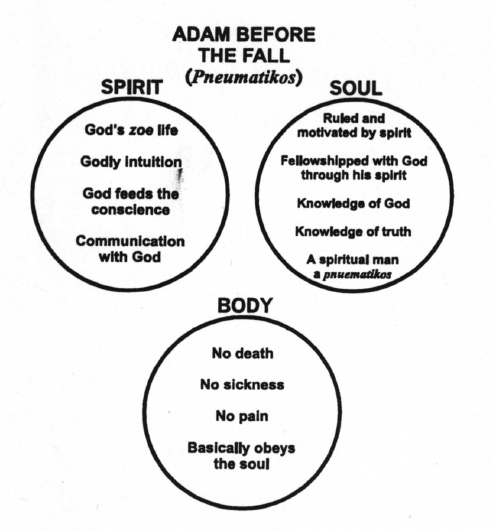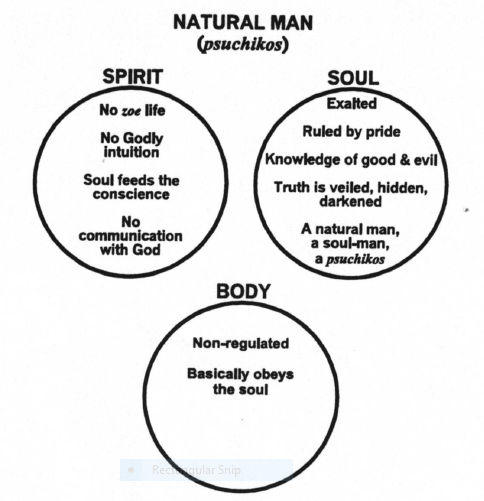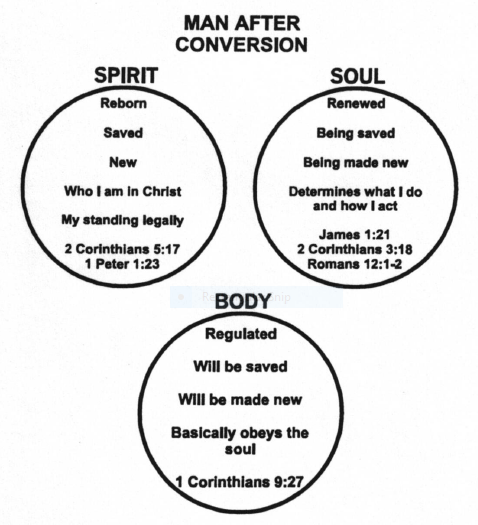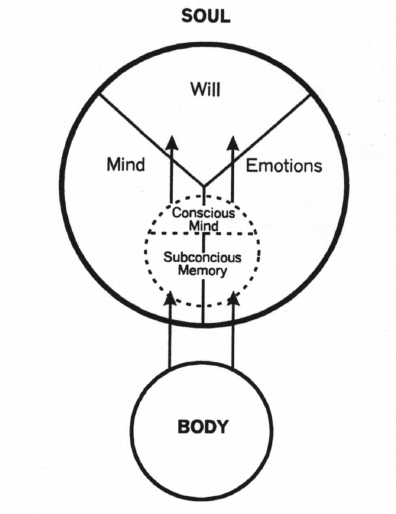Source – Background to the Study of John by W. Hall Harris III, Dallas Theological Seminary, 2001.
Who was the author?
Although traditionally the Apostle John has been assumed to be the the author of the gospel, since about 1850 this has been disputed by some scholars. The book does not name its author and some scholars have given various reasons for doubting that the author could have been the Apostle John. On balance, it seems most likely that the Apostle was indeed the author, for the following reasons
- Ignatius, leader of the church in Lyons in the second century, attributed the gospel to John the Apostle. Ignatius was a disciple of Polycarp who had been a disciple of John the Apostle.
- Although the gospel was written in Greek, his Scripture citations seem to come from the Hebrew version of the Old Testament, not the Greek version. He also demonstrates familiarity with many customs of Palestinian Judaism (2:6, 18.28, 19:40). This indicates that he was a Palestinian Jew (i.e. a Jew who spoke Hebrew and who most likely lived in either Judea or Galilee, part of the territory which was later renamed Palestine by the Romans) .
- The author demonstrates familiarity with Jerusalem by numerous very specific references to physical details of the city (5.2, 18.1, 19.13).
- He demonstrates detailed familiarity with the people and events involved in the narrative. In other words, he writes from the perspective of an eyewitness. (6.19, 12.1-3)
- He recalls details of conversations among the apostles in the manner of one who had been there in person. (4.31-33, 14.8, 21:20-23)
When was it written?
Considerations
Various early Christian authors indicate that John had a long life. Jerome (third century) indicated that he died 68 years after Jesus’ passion (somewhere around 100 AD). Irenaeus (2nd century) indicates that John lived into the reign of the Emperor Trajan who began his reign in 98 AD.
A fragment of the gospel has been found in Egypt dating from about 125 AD. Taking into account the time it would take for the document to be copied and come into general circulation, a reasonable guess is that it must have been written by AD 90 at the latest.
The gospel of John indicates familiarity with Jerusalem and mentions several features that were probably destroyed when the city and temple were razed in AD 70. John also makes no mention of the destruction of the temple. This may indicate that it was written sometime before AD 70.
Conclusion
While the letters of John seem to have been written late in John’s life (probably after AD 90) when John was leader of the church in Ephesus and was combatting an early form of the gnostic heresy, the gospel may have been written at an earlier date. A date prior to AD 70 is at least possible.
Author’s Perspective
Although he writes as an eye-witness, he also writes as one who is reflecting on past events and giving insight into their hidden meaning. This is referred to as the “omniscient author” convention. See John 2:18-22 and John 2:23-25 for two examples of this. John is not merely telling a story, he is reflecting on it. It is sometimes difficult to tell where the narrative ends and John’s reflections begin. See John 3:16-21.
Contrast with the Synoptic Gospels
The gospels of Matthew, Mark and Luke are sometimes referred to as the synoptic gospels. This comes from the Greek sunopsis meaning with one eye. Although each has its own flavour, they share a basic narrative framework and have many common features. John is different from the Synoptic Gospels in many ways.
- No parables
- Many stories from the Synoptics not told in John
- Longer discourses as distinct from brief, pithy sayings
- More explicit theological reflection on who Jesus is (e.g John 1:1-14)
Some have used these differences as a basis for attacking the reliability of the gospel of John. More likely, however, is the thought that John wrote with a very distinct and specific purpose that influenced his selection and presentation of material. As he himself said at the conclusion of his gospel,
Now there are also many other things that Jesus did. Were every one of them to be written, I suppose that the world itself could not contain the books that would be written. (John 21:25)
Author’s Purpose
John’s purpose in writing can be summed up in these words from the conclusion of chapter 20.
Now Jesus did many other signs in the presence of the disciples, which are not written in this book; but these are written so that you may believe that Jesus is the Christ, the Son of God, and that by believing you may have life in his name. (John 20:30-31)




